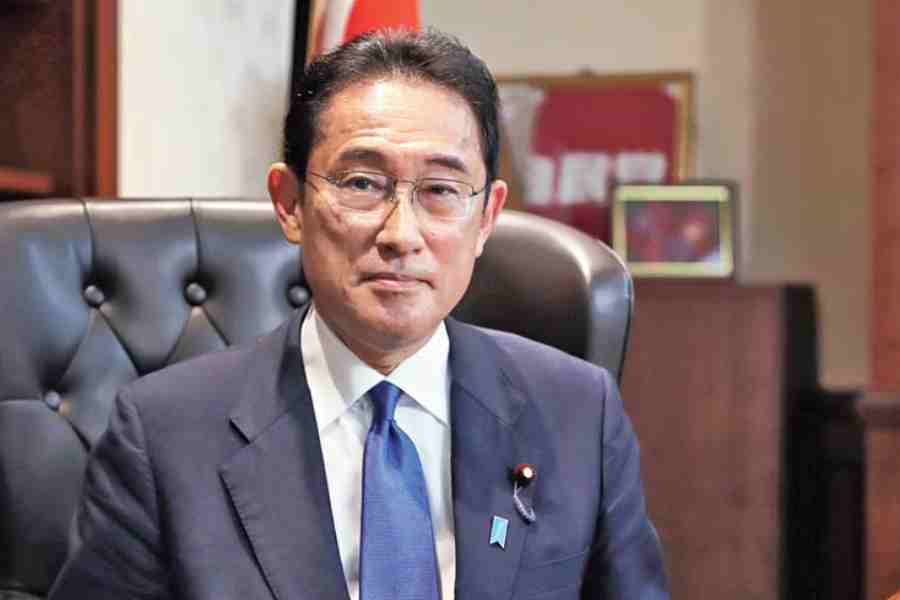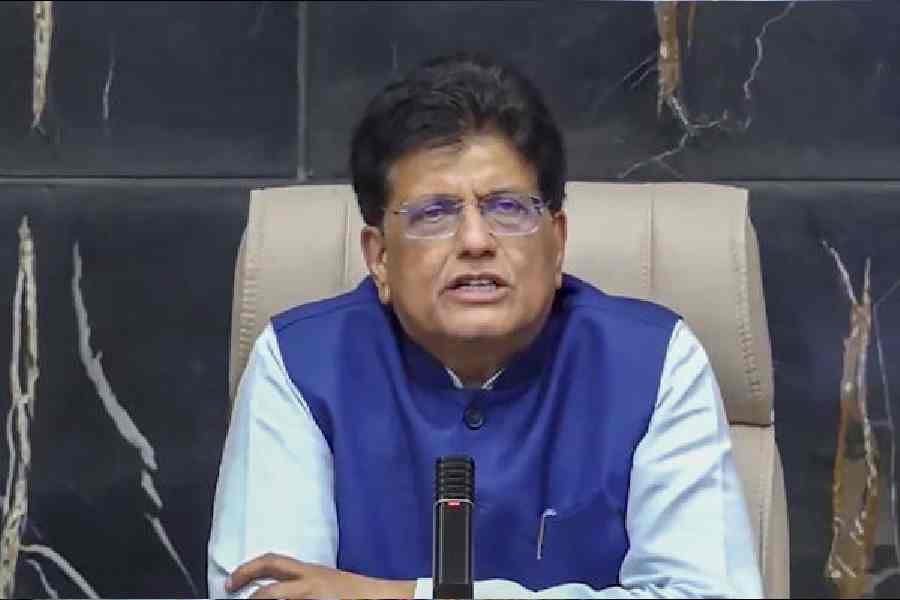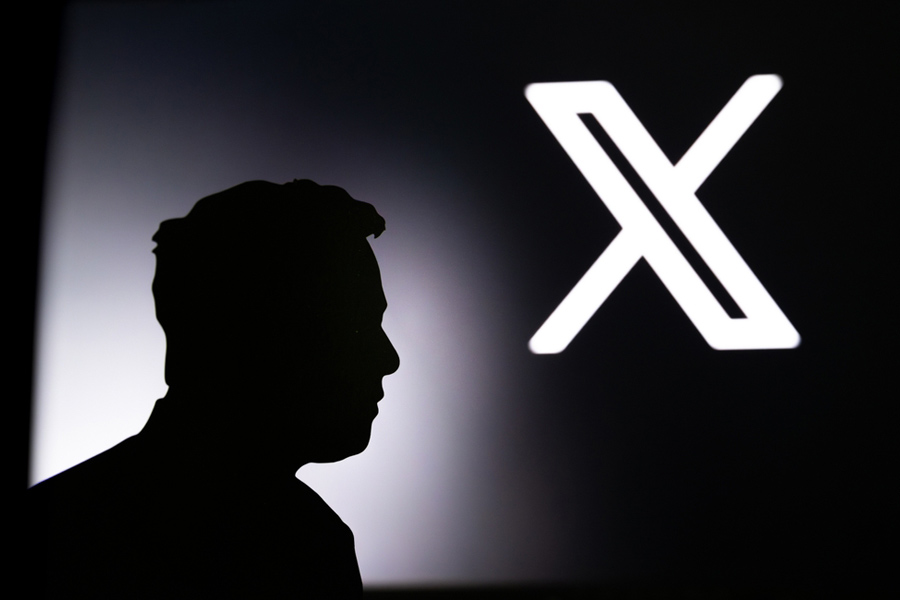China is back to Japan-bashing, but this time, as umpteen editorials, opinion pieces and reports in the official media have emphasised, China is not alone in condemning Japan for releasing radioactive wastewater from the Fukushima nuclear disaster site into the Pacific Ocean. Few believe Japan’s claims that the water has been treated, and protests have been held both in Japan and its other neighbour, South Korea.
The Chinese don’t need much to vent their hostility towards the country which once colonised parts of it. In fact, this time, they have been restrained compared to the violence in 2012 when Japan announced it would buy three disputed islands in the East China Sea. While the Japanese prime minister has objected to stone-throwing on Japanese schools and on the embassy, the Chinese this time aren’t just angry, they are scared.
Rather than attacking Japanese properties and goods (in 2012, they had assaulted a man driving a Toyota so badly that he was paralysed), they are looking for ways to protect themselves from the potential effects of toxic water on their coast. Their immediate reaction was to buy table salt in large quantities so that they wouldn’t have to buy possibly contaminated sea salt later. Such was the panic that department stores ran out of salt and prices went up. Only one packet per consumer was then allowed; even for that, consumers would have to queue up for an hour. Local governments had to announce that most of the salt consumed in the country came from lakes and wells and that China had enough to last for years.
Two businesses that have been most affected by Japan’s action have been that of Japanese restaurants — the cuisine is very popular in China — and the domestic fishing industry. Thanks to the prolonged Covid-19 lockdowns, online marketing is now predominant. Fishermen selling their stock online have been reduced to tears by the hostile reactions of consumers, who’ve accused them of ‘doing dangerous business’. Paradoxically, demand for domestic seafood has also shot up. With scientists from Tsinghua University predicting that it will take 240 days for the released waters to reach China’s coast, there’s been bulk buying of domestic seafood, especially species found nearer the coast like crabs and freshwater fish.
Last supper
But it is restaurants serving Japanese food that have taken the biggest hit. One restaurant owner said customers had increased but this was because they wanted a “last bite” of Japanese food. The day Japan started releasing the radioactive water, China, which was the largest market for Japanese seafood last year, banned the import of all aquatic products from Japan. Restaurants have now struck out “imported from Japan” on their menus and replaced it with “imported from Norway” or New Zealand. There’s even a joke going around that, finally, pseudo-Japanese restaurants have been forced to admit that they do not serve real Japanese food. One restaurant that had boasted that its special menu of potatoes, tofu and beef countered the effects of radiation had to quickly take down that advertisment.
As soon as China lifted Covid-19 curbs on travelling abroad, Japan regained its position as one of the most popular destinations. However, as one traveller who’d already made his bookings for the October National Holiday said, he would have to weigh the costs of cancelling his trip against the fears his family had about him eating contaminated food.
But while the Chinese government summons the Japanese ambassador to criticise his government’s decision as “selfish and irresponsible” and editorials thunder that Japan “must pay the price and be taught a lesson”, it’s business as usual where investments are concerned.










